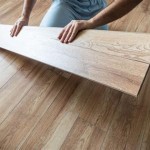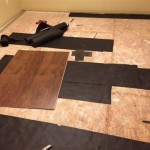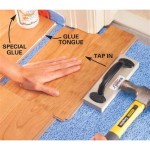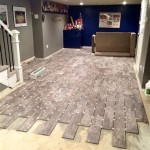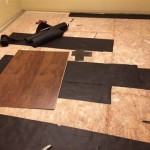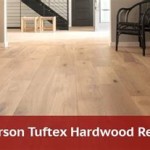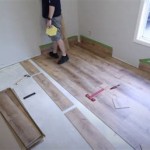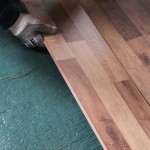Engineered Wood Flooring: The Finest Quality For Your Home
Engineered wood flooring has emerged as a superior choice for homeowners seeking both elegance and durability. Its unique construction combines the natural beauty of wood with the stability and affordability of modern materials. This article delves into the essential aspects of engineered wood flooring, highlighting its advantages, features, and why it is an excellent investment for your home.
Construction and Composition
Engineered wood flooring consists of several layers. The top layer is composed of genuine hardwood, providing the natural aesthetics and grain patterns of traditional wood flooring. Beneath the hardwood veneer lies a core layer, typically made from plywood, HDF (high-density fiberboard), or MDF (medium-density fiberboard). This core provides stability and strength, preventing warping and buckling. The bottom layer is a backing layer, often made of a moisture-resistant material, which protects against moisture absorption and adds structural integrity.
Advantages of Engineered Wood Flooring
Natural Beauty and Versatility
Engineered wood flooring offers the timeless beauty and warmth of natural wood. It is available in a wide range of species, colors, and finishes, ensuring a perfect match for any décor style. From classic oak to elegant walnut, there is an engineered wood flooring option to complement every taste.
Stability and Durability
Unlike solid wood flooring, engineered wood flooring is dimensionally stable, meaning it is less prone to expanding and contracting due to changes in temperature and humidity. This stability makes it ideal for areas with fluctuating environmental conditions, including basements, kitchens, and bathrooms.
Affordability
Compared to solid wood flooring, engineered wood flooring is more affordable while still providing a luxurious and natural look. The multi-layer construction allows for the use of more affordable wood species in the core layer, reducing the overall cost without compromising quality.
Easy Installation
Engineered wood flooring is relatively easy to install, making it a popular choice for DIY enthusiasts. Most planks feature a click-lock or tongue-and-groove system that allows for quick and seamless assembly, reducing installation time and labor costs.
Durability and Low Maintenance
Engineered wood flooring is highly durable and resistant to wear and tear. The top layer of hardwood provides excellent resistance to scratches, dents, and fading. It also requires minimal maintenance; regular sweeping, vacuuming, and occasional mopping are sufficient to keep it looking its best.
Conclusion
Engineered wood flooring offers an exceptional combination of natural beauty, stability, affordability, and easy maintenance. Its unique construction ensures a durable and beautiful flooring solution that enhances the value and ambiance of your home. Whether you are renovating an existing space or building a new one, engineered wood flooring is an excellent investment that will provide years of enjoyment and timeless style.

Hardwood Vs Engineered Wood Flooring Which Is Best For You Forbes Home

Types Of Hardwood Flooring Forbes Home

Engineered Flooring Vs Laminate Everything You Need To Know Forbes Home

Best Engineered Wood Flooring Of 2024 Forbes Home

Best Engineered Wood Flooring For Your Home The

10 Beautiful Dark Hardwood Floors To Transform Your Home Next Day

How To Choose The Right Wooden Flooring Cost Maintenance Lifespan

4 Things To Know Before An Engineered Hardwood Floor Carlisle Wide Plank Floors

How To Install Lock Engineered Hardwood Flooring

4 Things To Know Before An Engineered Hardwood Floor Carlisle Wide Plank Floors
See Also
